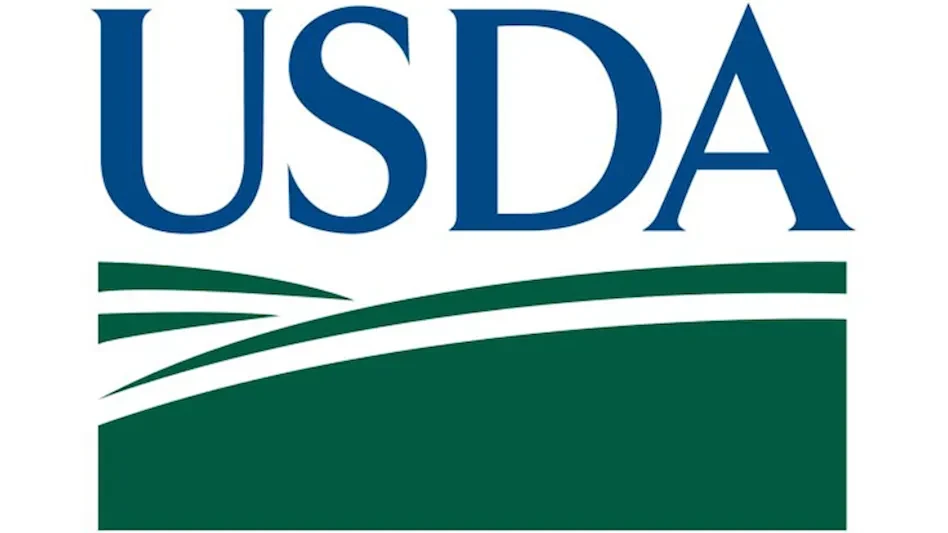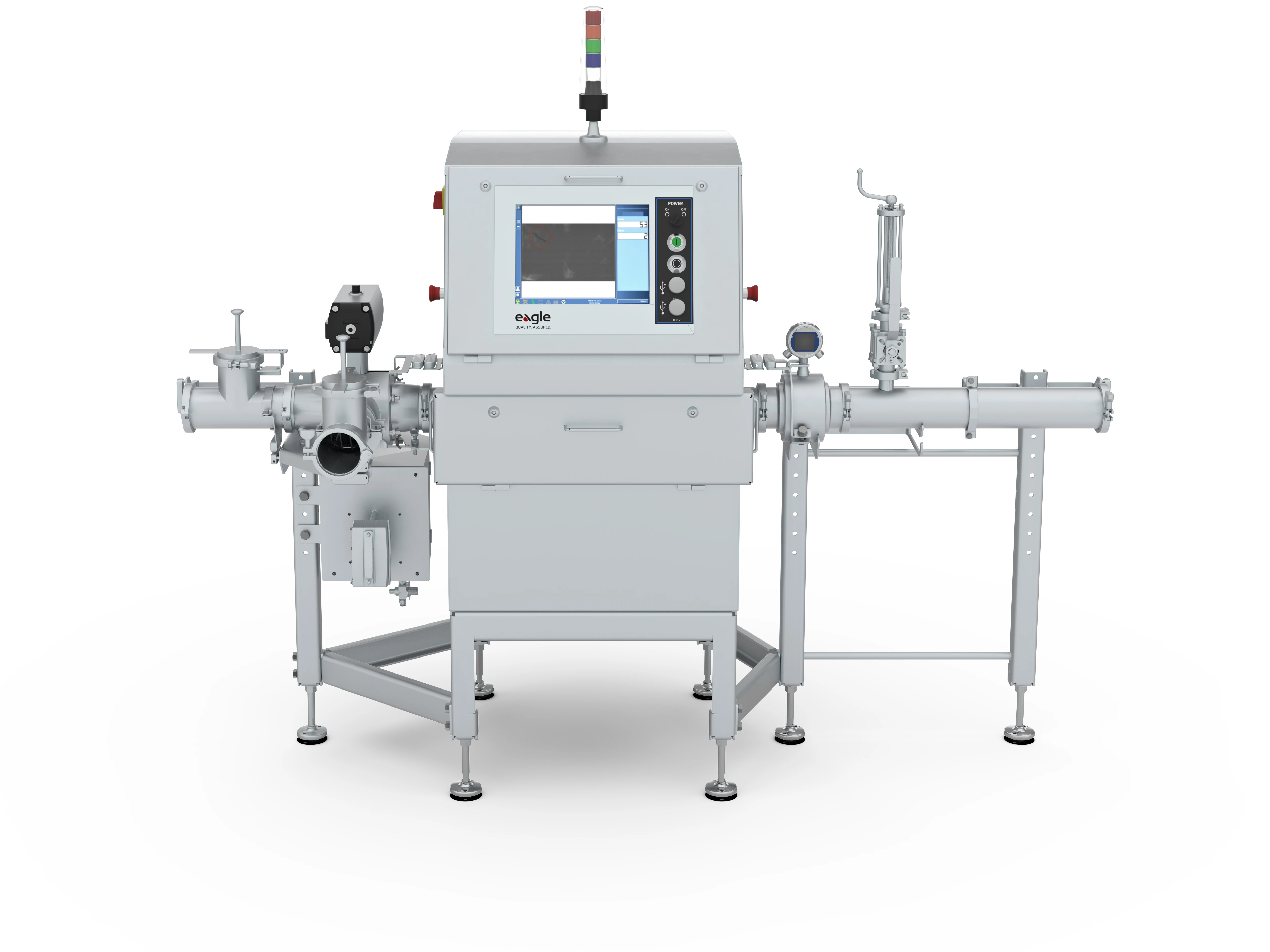
Pest management plays a major role in proper sanitary techniques and programs, especially in food facilities. Many pest problems can lead to foodborne illness and be damaging to one's brand. While many food facilities sanitize their facility to ensure a clean, safe environment, some of the cleaning strategies used can be detrimental to pest control efforts.
The pest management company, McCloud Services, offers tips on sanitary techniques to ensure food facilities maintain a pest-free and safe environment in “The Pressures of Sanitation and Pest Management.” The article discusses why food facilities need to make sure they are properly managing how sanitation tools are used and stored to continue their pest prevention efforts and maintain a sterilized food plant.
"Many plant managers don't realize the importance of sanitation in food facilities and its direct effects on pest management," said McCloud Technical Director Patricia Hottel, BCE. "Following best practices like sealing cracks and crevices in floors, properly cleaning and drying out mats each night, and emptying vacuumed up contents to an exterior trash receptacle or drain are vital in preventing pests that can lead to food borne illnesses or other hazardous results."
McCloud provides services in Illinois, Indiana, Iowa, Kansas, Kentucky, Missouri, Tennessee, Ohio and Wisconsin. To learn more about proper sanitary techniques and programs for food facilities, download McCloud Services' article here. For more McCloud’s food safety pest management programs, call 800-332-7805 or email contact@mccloudservices.com
Latest from Quality Assurance & Food Safety
- USDA Seeks Nominations for Membership on Food Safety Advisory Committee
- California Declares State of Emergency in Response to Bird Flu Outbreak
- Nelson-Jameson Announces New Pennsylvania Distribution Center
- FDA Finalizes Updated ‘Healthy’ Nutrient Content Claim
- New Study Examines Kaempferol's Role in Taming Allergic Responses
- Will Bird Flu Be the End of Holiday Traditions Like Eggnog?
- FDA Cuts AFDO SAFHER Funding
- FSQAs Share Their Best Food Safety Tips for Santa





